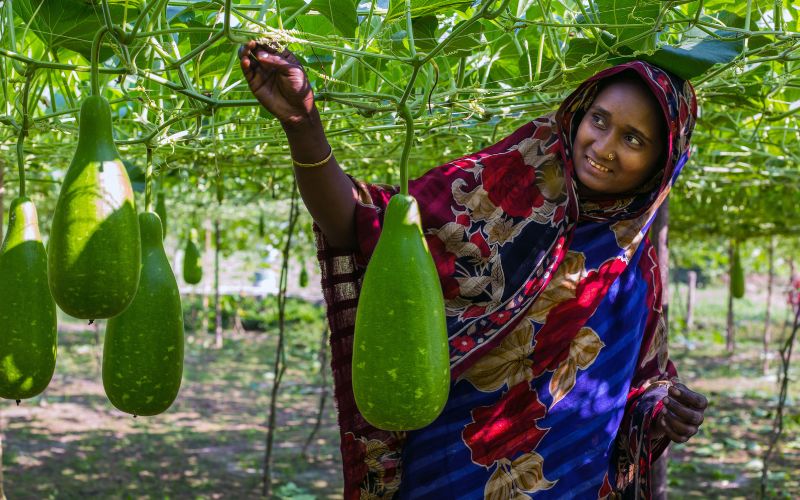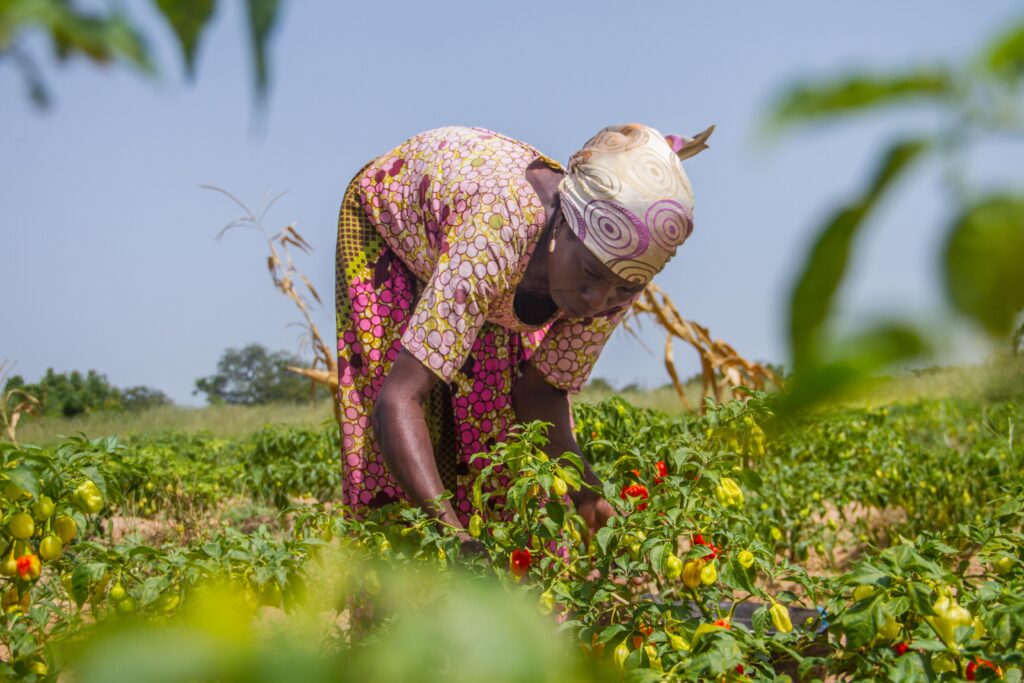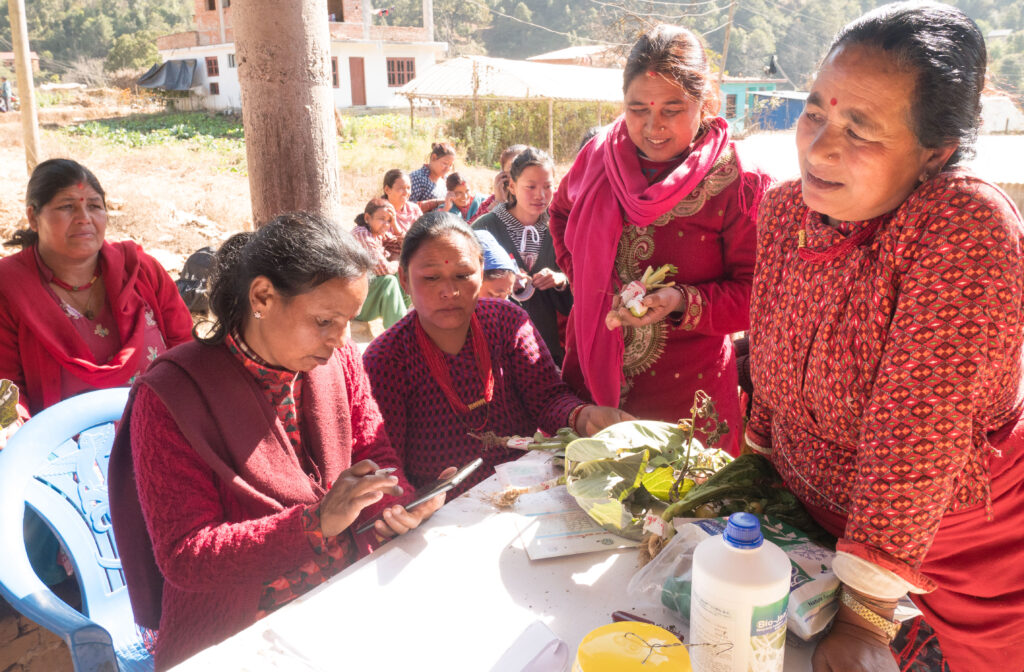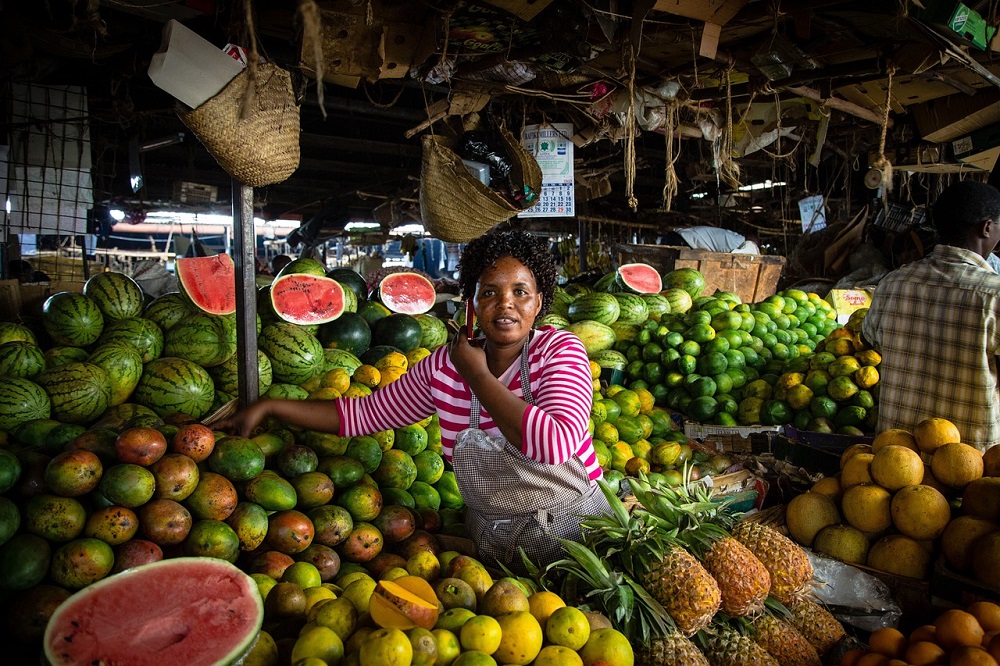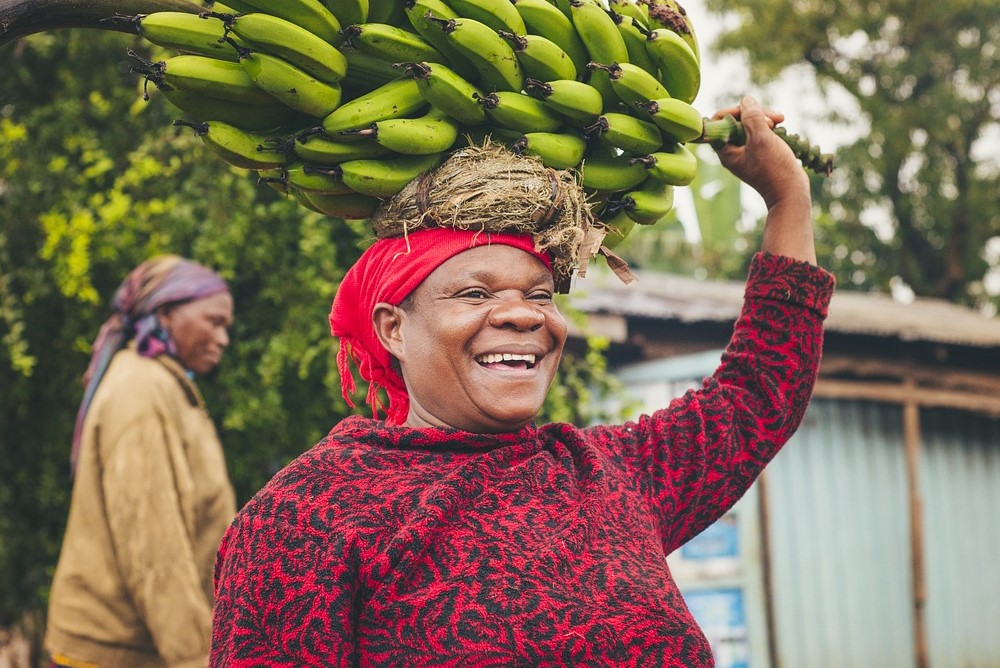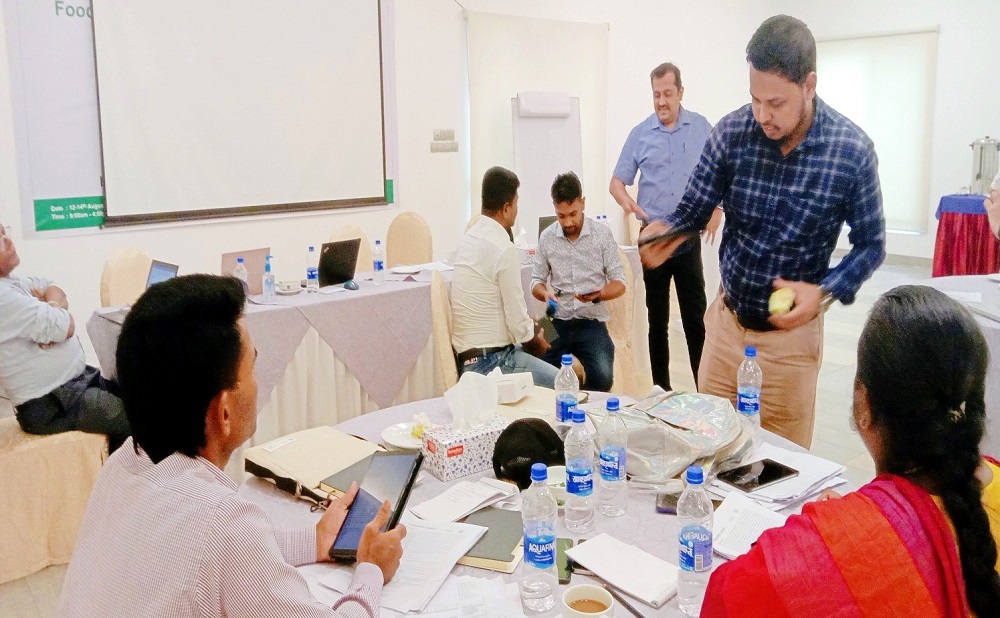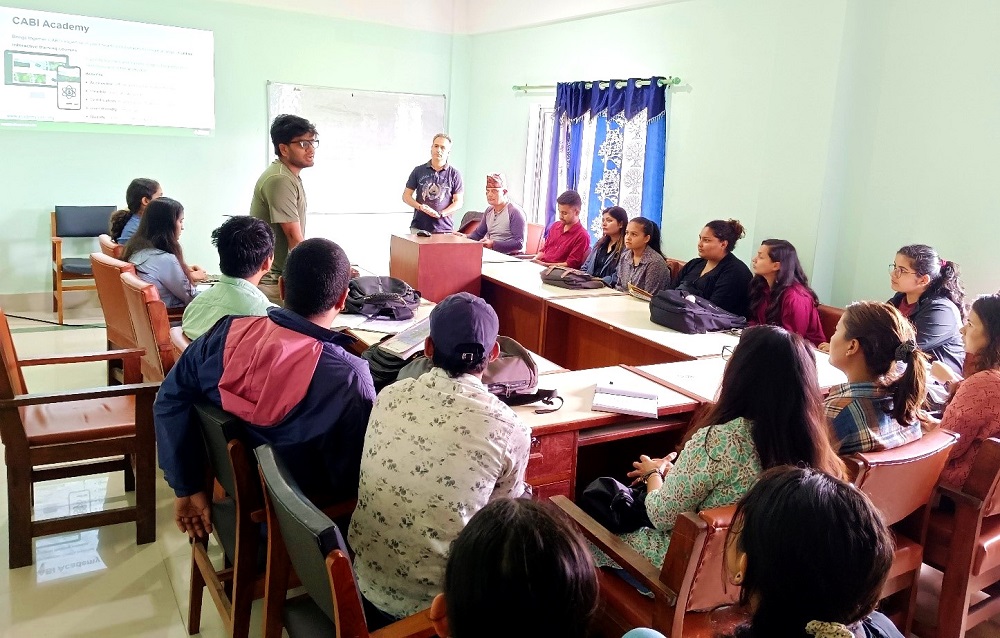Digital innovation: integrating PlantwisePlus digital tools in Bangladesh
PlantwisePlus is developing and updating various digital tools for decision support and learning. In Bangladesh, these digital decision-support tools enable farmer advisors to serve farmers more effectively.
PlantwisePlus most read blogs of 2023
As 2023 draws to a close, we have tallied the numbers to present the most-read articles on the PlantwisePlus Blog this year. Plus a few firm favourites. Articles on the new PlantwisePlus tools and courses were some of the most read during 2023, as well as other blogs on key topics like one health and…
Digital tools workshops empower agriculture stakeholders in Jamaica
Last month a series of digital tools workshops occurred in Southern Jamaica. Organized by the PlantwisePlus team in collaboration with the Rural Agricultural Development Agency (RADA). These workshops aimed to showcase and promote the PlantwisePlus digital tools, including the PlantwisePlus Knowledge Bank, Factsheet Library App, and CABI Academy. The events catered to a diverse audience,…
New study highlights positive impact of PlantwisePlus in Ghana on gender-inclusive agricultural extension services
A new study brief shares key findings on gender-inclusive agricultural extension services in Ghana by PlantwisePlus.
How plant doctor training supports smallholder farmers in Nepal
In Nepal, the International Development Enterprise (iDE) has introduced an approach to address the challenges smallholder farmers face in accessing agricultural inputs and advice. Known as Community Business Facilitators (CBFs), these individuals are local citizens trained to provide agricultural services within their communities. Some CBFs also train as plant doctors (CBF-PDs) through CABI’s PlantwisePlus programme,…

